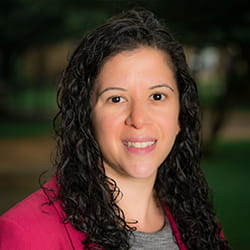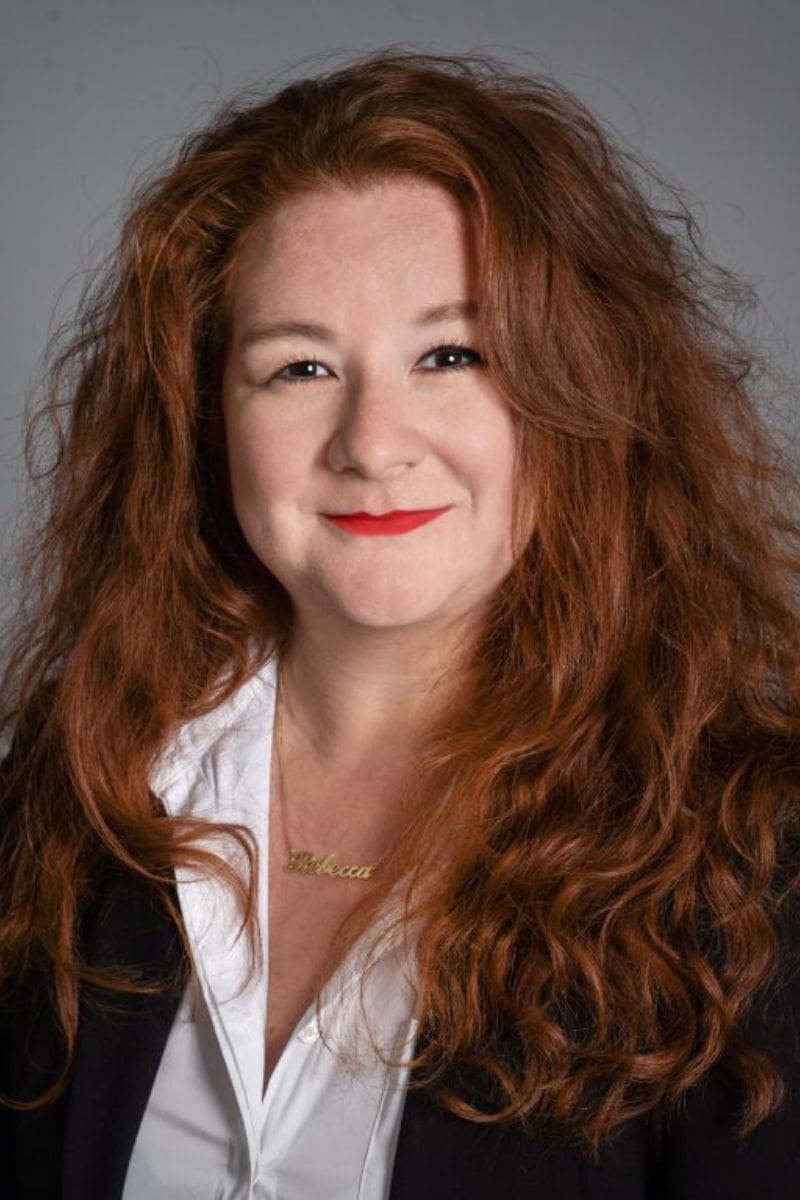
New research at The University of Texas at Arlington spotlights the mental strain and moral distress experienced by health care chaplains and social workers in the course of their professional duties.

Sophia Fantus, assistant professor in the School of Social Work, led the study. She and Rebecca Cole, licensed clinical social worker and doctoral student at UTA, presented the research at the Texas chapter of the National Association of Social Workers' annual conference.
Their work focuses on institutional constraints that coerce chaplains and social workers into violating their own professional or personal ethics. An example would be when a social worker attempts to assist a hospital patient being discharged for lack of health insurance.
"The research shows that there are long-standing implications—emotional, psychological, occupational—that can last years and lead to people leaving the profession, being depressed and feeling burned out," Fantus said.
The pandemic only heightened these feelings of moral distress, which could lead to future struggles for the profession, including issues with retention, mental health and quality patient care, the researchers said. During interviews of dozens of health care social workers across Texas, participants said they perceived a lack of care from their employers. Some reported being pressed into tasks that were beyond their scope of practice, such as taking a patient's vitals and being threatened with termination if they didn't comply. Others explained that rules were being created by leaders who had not experienced the day-to-day duties of social workers.
The team's solution to reverse these troubling trends focuses on professional self-care that acknowledges and improves each practicing social worker's experience on the job.

"The burden of self-care shouldn't be placed solely on the individual," Cole said. "The agency where someone works should share the burden of self-care for their employees since they control the policies under which the employee works."
The team proposes a model to prioritize professional self-care for social workers that focuses on three stages: individual, interpersonal and institutional. They encourage organizations to both incorporate social workers' ethics and values into their missions and provide their employees more decision-making and leadership opportunities. They also call on organizational leaders to shadow social workers to get a true sense of what they do every day.
"One of the goals in presenting at the conference is to help empower social workers to have the skills to advocate," Cole said. "Every social worker deserves to have what they need to be the best they can be."
Fantus added that the work lies not just with the organizations that hire social workers, but with the schools that educate them. She said it is critical to prepare students early with skills to engage in ethical decision-making and professional self-care and to help identify moments of moral distress.
"New students may not understand what a good supervisor looks like and how supervision can help reduce moral injury and promote self-care," Fantus said. "We have to train our supervisors as well as prepare students to have that conversation."






